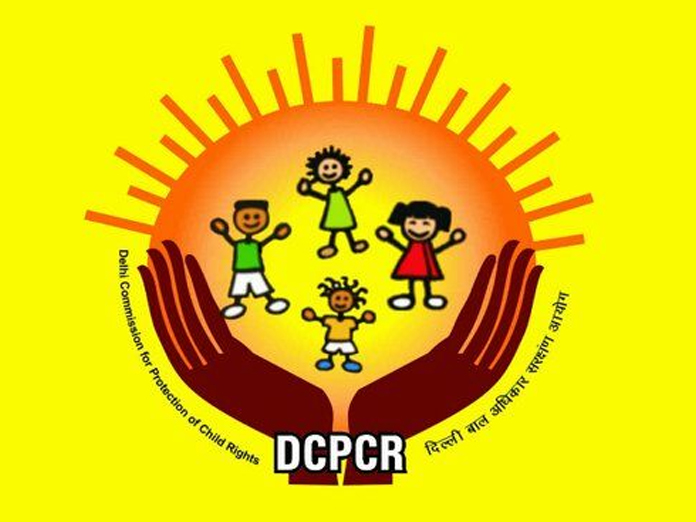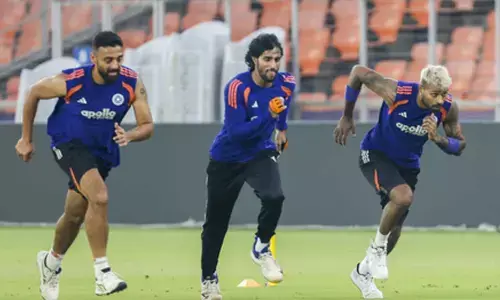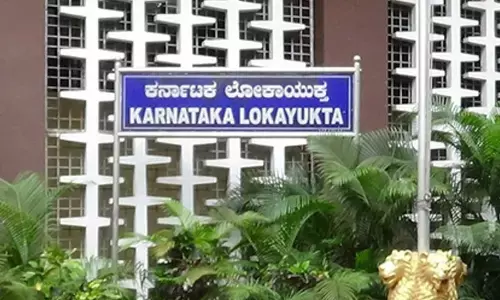HC pulls up rights’ body for not tracing ‘missing’ kids

The Delhi High Court has taken to task the Delhi Commission for Protection of Child Rights DCPCR for not taking seriously the issue of children going missing in the national capital
New Delhi: The Delhi High Court has taken to task the Delhi Commission for Protection of Child Rights (DCPCR) for not taking seriously the issue of children going missing in the national capital.
A bench of Justices Hima Kohli and Manoj Kumar Ohri was informed that in the meetings of all the stakeholders, the DCPCR has stated that in the last three years, it had issued notices to police in 782 cases pertaining to children going missing in Delhi.
The court, however, said, “Keeping in mind the fact that on an annual basis, 5,000 children (approximately) have gone missing from Delhi and remain untraced, this is an abysmally low figure.”
Delhi government standing counsel (criminal) Rahul Mehra submitted that the DCPCR has been found to be most negligent in the discharge of its duties. Senior advocate H S Phoolka and lawyer Prabhsahay Kaur, appearing for NGO Bachpan Bachao Andolan, also supported the submission, saying that the DCPCR was not monitoring the standard operating procedure (SOP) required to be followed in cases of missing children.
They said that the Supreme Court had in 2017 directed the Ministry of Women and Child Development to inform all state commissions to monitor the SOP on missing children and they were expected to take up the task in right earnestness.
The court directed the DCPCR to file an affidavit dealing with the issues raised regarding it in the meetings so far. The bench also impleaded as parties the Ministry of Information and Broadcasting, DMRC, news broadcasting agencies and three municipal corporations of Delhi – East, South and North – and directed the ministry officials to be present in the next meeting of the stakeholders on March 8.
It was decided in the February 18 meeting that these organisations should also participate in the deliberations to ensure steps are taken to upload photographs of the missing children on display boards within three-four hours of their disappearance.
The court listed the matter for further hearing on April 3. Flawed data Regarding the ‘facial recognition software’, the court was informed by the DCP of crime records office that the software is working efficiently.
However, the court opined that the data analysis quoted before it was “flawed”, due to which it was still not clear as to in how many cases the software was successful in tracking the missing children. It said this aspect needs further examination.
The court had earlier termed as “unacceptable” that the software adopted by police has not helped in cracking any missing children case as over 5,000 kids who disappeared from Delhi in the last three years remain untraced.
The Anti-Human Trafficking Unit (AHTU) of the Crime Branch, represented by Mehra, had earlier told the bench that of the 19,916 children who went missing from the national capital in the last three years, 14,756 have been traced and reunited with their families.
It had also said that the remaining 5,160 children remained untraced. The bench noted that the representatives of the NGO will meet the director of the Ministry of Women and Child Development on March 7 and said the meeting shall focus on making the website for tracing missing children -- www.trackthemissingchild.gov.in -- user-friendly and resolve the issues raised earlier.
The directions and observations of the court came while hearing a man’s plea seeking directions to police to trace his minor daughter, who went missing in July 2014. The then 13-year-old girl had gone missing on July 21, 2014, and the father moved the high court in May 2017 as the child remained untraced.
During the proceedings, the court also looked into the larger issue of kids going missing from Delhi. The court had, subsequently, transferred the probe into the missing girl’s case to the AHTU of the Delhi Police’s Crime Branch.
The girl is yet to be traced. The bench has directed the AHTU “to continue taking concrete steps to trace the missing girl”.









